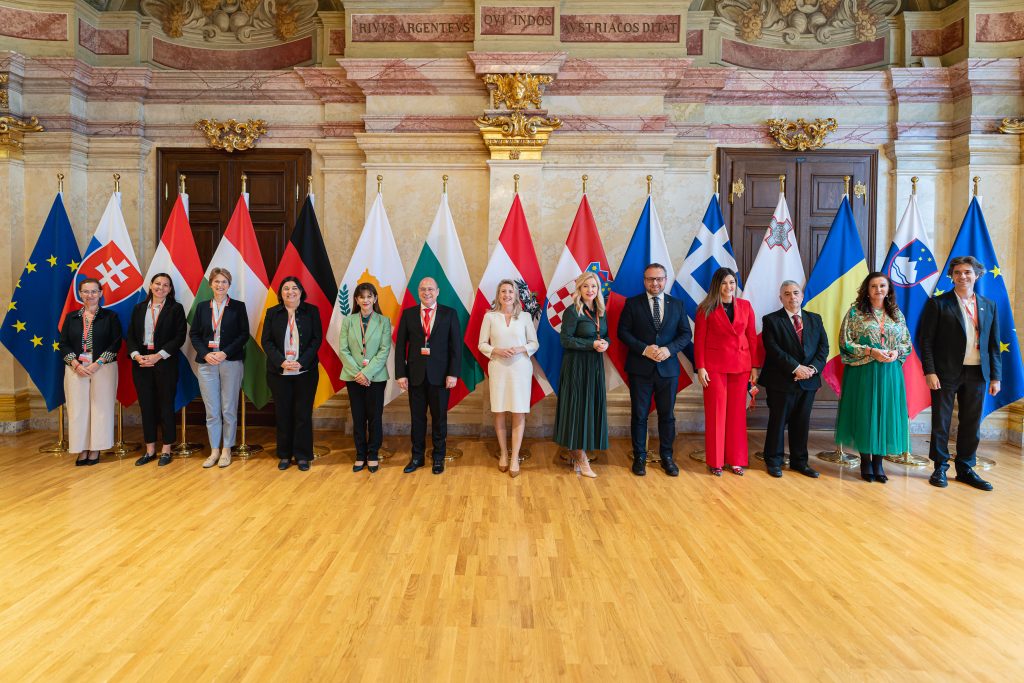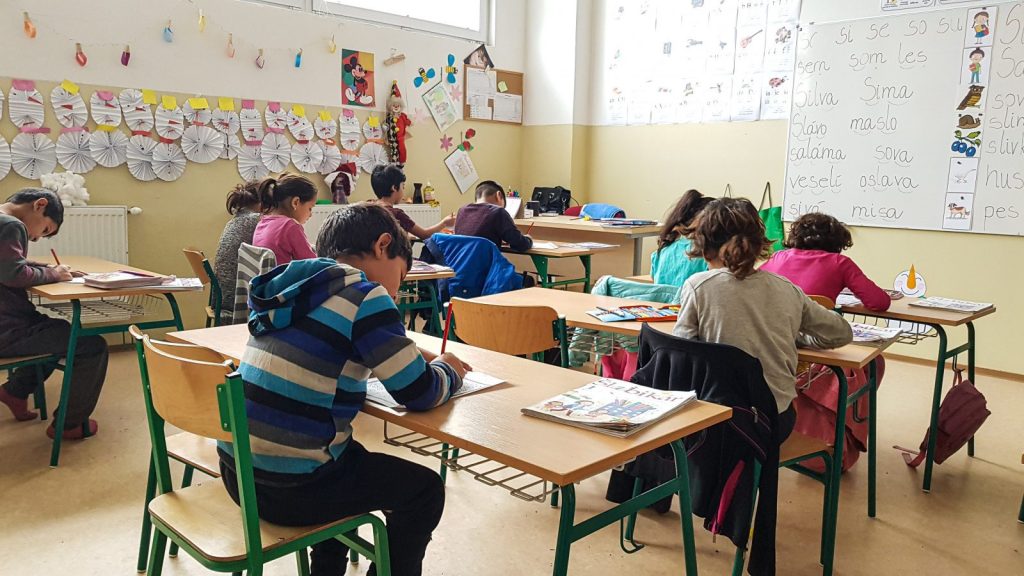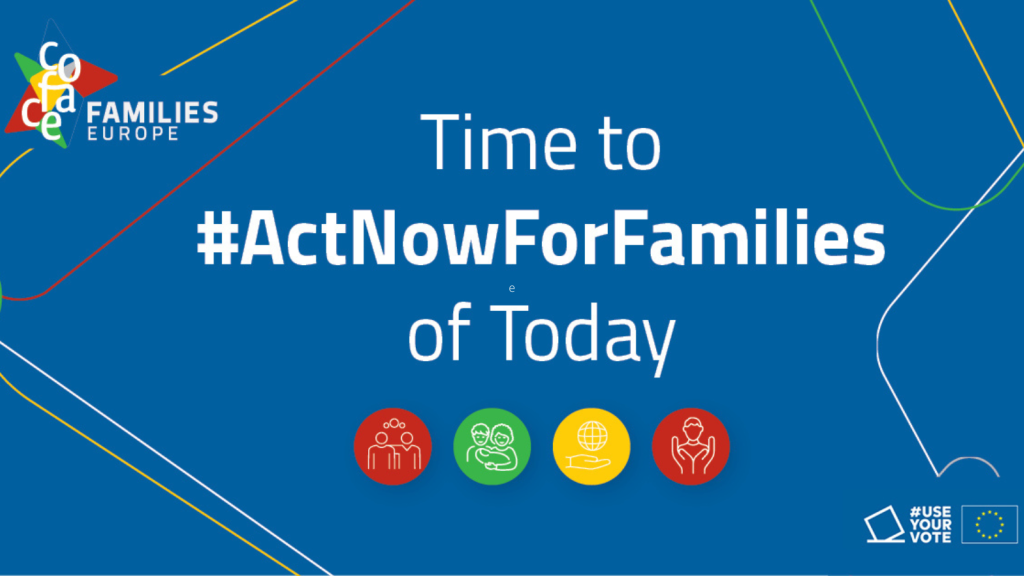In early February 2024, the Commission adopted a proposal to update the criminal law rules on child sexual abuse and sexual exploitation. Child sexual abuse is a heinous crime which has evolved significantly over the past years. These revised rules expand the definitions of offences and introduce higher penalties and more specific requirements for prevention and assistance to victims. They are complementary to the proposal for a Regulation that the Commission put forward in 2022 – which sets out obligations for internet companies to detect, report and remove child sexual abuse material on their services.
The threat of abuse is real and has increased throughout the EU. For example, paedophile manuals continue to appear online, showing an increased threat to the most vulnerable. Both increased online presence of children and the technological developments create new possibilities for abuse. Only in 2022, there were 1.5 million reports of child sexual abuse in the EU.
The current EU rules in this area were agreed on in 2011. They need to be adapted to address the latest developments and to strengthen the prevention and protection of victims. Key aspects of the proposal include:
- Expanding the definition of criminal offences related to child sexual abuse across Member States: these new offences include livestreaming of child sexual abuse and the possession and exchange of pedophile manuals. The new rules also update the definitions of the crime to include child sexual abuse material in deep fakes or AI-generated material.
- Strengthening prosecution, prevention and support: The proposal will set a longer time period during which victims can report the sexual abuse they suffered and seek action against the offender. The new rules will also grant victims a right to financial compensation, to address the long-term harms that child sexual abuse causes. In addition, Member States are required to put in place a coordination mechanism to make best use of available programmes on prevention and assistance to victims.
- Stepping up prevention: Member States are also asked to step up investment in awareness raising especially for online risks to ensure that the internet is safer and better for children and young people. In addition, new requirements will ensure recruiters for activities involving close contact with children and for organisations working against child sexual abuse must request the criminal records of the candidates.
- There will also be mandatory reporting of an offence at least by professionals working in close contact with children to address a major challenge in the efforts to stop child sexual abuse.
It is now for the European Parliament and the Council to agree on the proposal. Once adopted, the new Directive will amend the current one and enter into force 20 days following its publication in the Official Journal of the European Union.
Background
One in five children suffer from some form of sexual violence, offline and online. The internet has greatly worsened the spread of child sexual abuse, allowing perpetrators to meet online and instantaneously share videos and pictures of severe sexual violence against children – often very young children. With this proposal, the Commission continues its implementation of the 2020-2025 EU strategy for a More Effective Fight Against Child Sexual Abuse. Combating violence against children and ensuring child protection is one of the objectives of the 2021 EU Strategy on the Rights of the Child. The recast of the Directive 2011/93/EU attempts to ensure that all Member States uphold the principles of the child-friendly approach to justice, as provided by the Barnahus model[1].
The Commission will present in March 2024 a Commission Recommendation on integrated child protections systems, reinforcing measures to protect children against all forms of violence, including abuse online.
Read more here.
[1] Barnahus (Children’s House) is a European response model for child sexual abuse that coordinates parallel criminal and child welfare investigations, brings all relevant services under one roof, and thus helps avoid revictimisation of the child.





